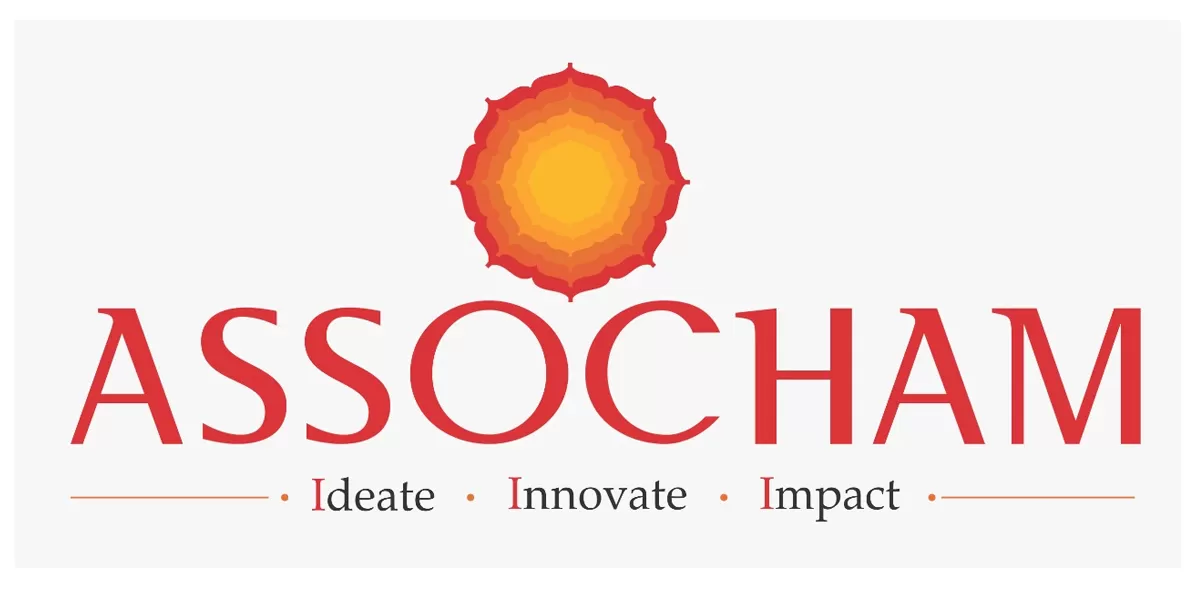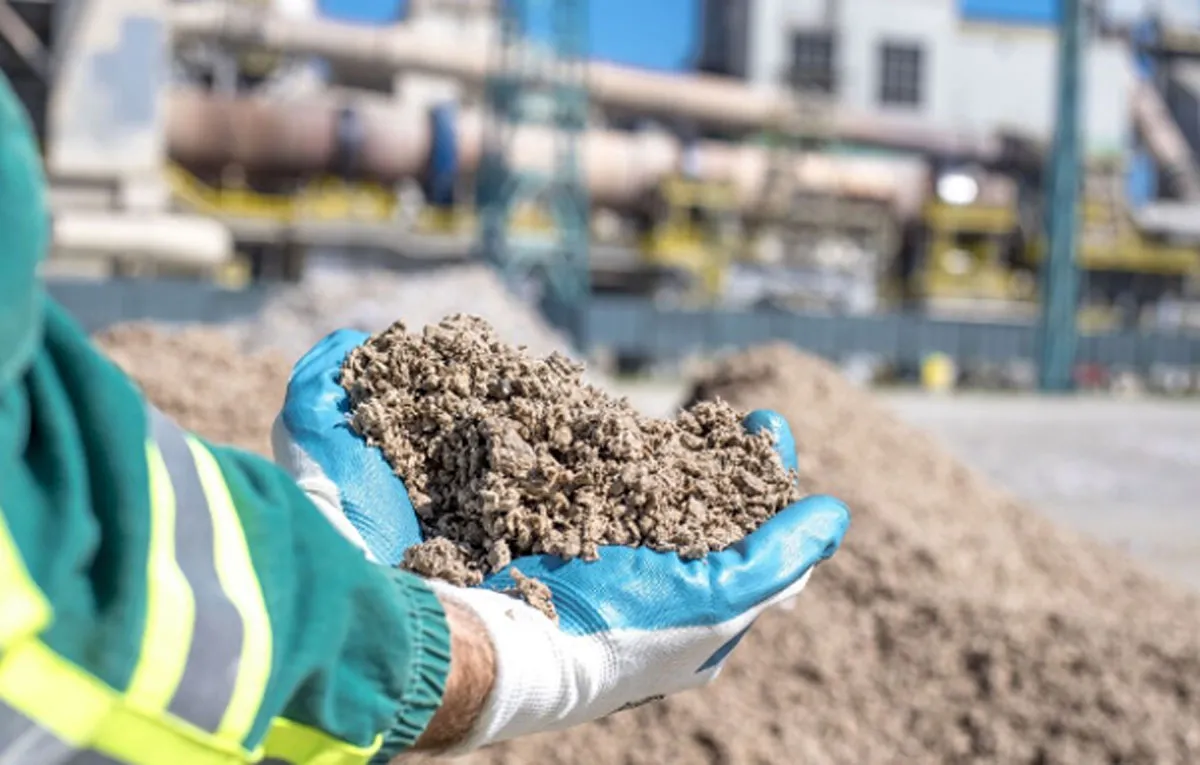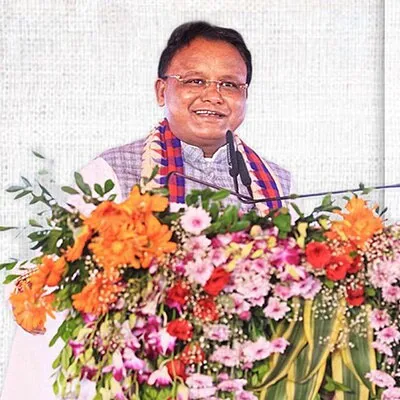

Cement Makers Positive on H2 Demand Outlook
The leading cement producers have posted high single-digit volume growth and better sales realisation in the July–September quarter, setting a positive tone for the second half of FY26. Companies are upbeat on demand prospects, supported by a strong housing sector and continued government spending on major infrastructure projects. UltraTech, Ambuja Cement, Shree Cement, Dalmia Bharat and Nuvoco Vistas recorded revenue growth of up to 18 per cent in the September quarter. The rise was driven by firm realisations, softer input costs and an increased share of premium products. With coal price..

Odisha Targets Role as MSME Hub for Eastern India
Odisha has set its sights on becoming the MSME gateway of eastern India, Chief Minister Mohan Charan Majhi said at the Odisha Industrial Conclave 2025, organised by Laghu Udyog Bharati (LUB). Calling the state a land of possibilities, he noted that Odisha has emerged as a leading destination for micro, small and medium enterprises.He said that reforms such as the Go-Swift single-window system now allow project approvals within a day. Odisha has also invested 6.1 per cent of its GDP in infrastructure development, which is expected to further accelerate industrial and MSME growth.Majhi emphasise..

Coal Ministry Eases Process for Exploration and GR Approvals
The Ministry of Coal has introduced a simplified approval mechanism for exploration programmes and Geological Reports (GRs) for coal and lignite blocks. The reform aims to accelerate exploration activity, reduce procedural delays and strengthen India’s preparedness for rising energy demand.Under the revised process, reports prepared by Notified Accredited Prospecting Agencies (APAs) and peer-reviewed by another accredited agency no longer require approval from the committee set up in January 2022. This marks a major shift towards faster, more transparent and technology-driven exploration.By ..

















